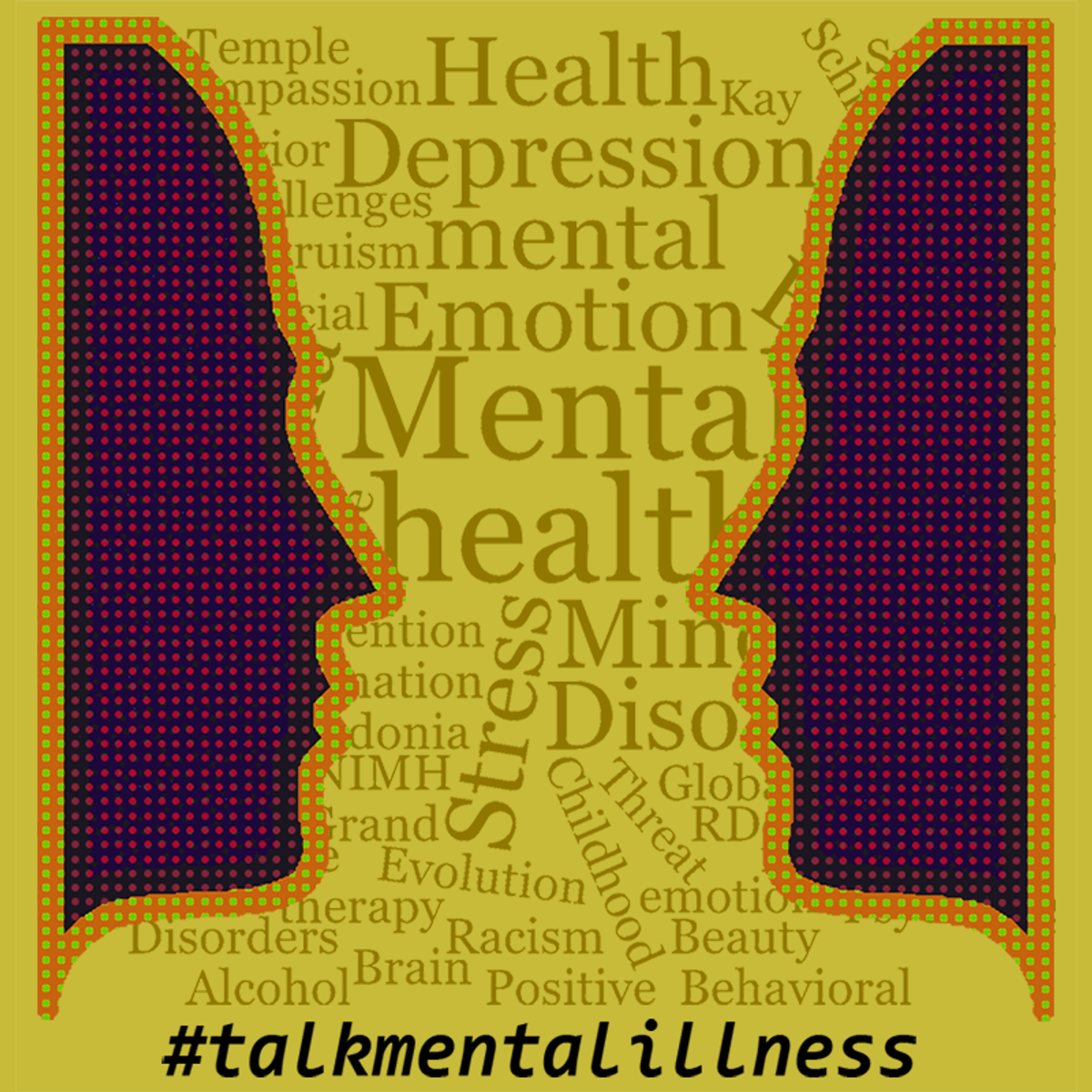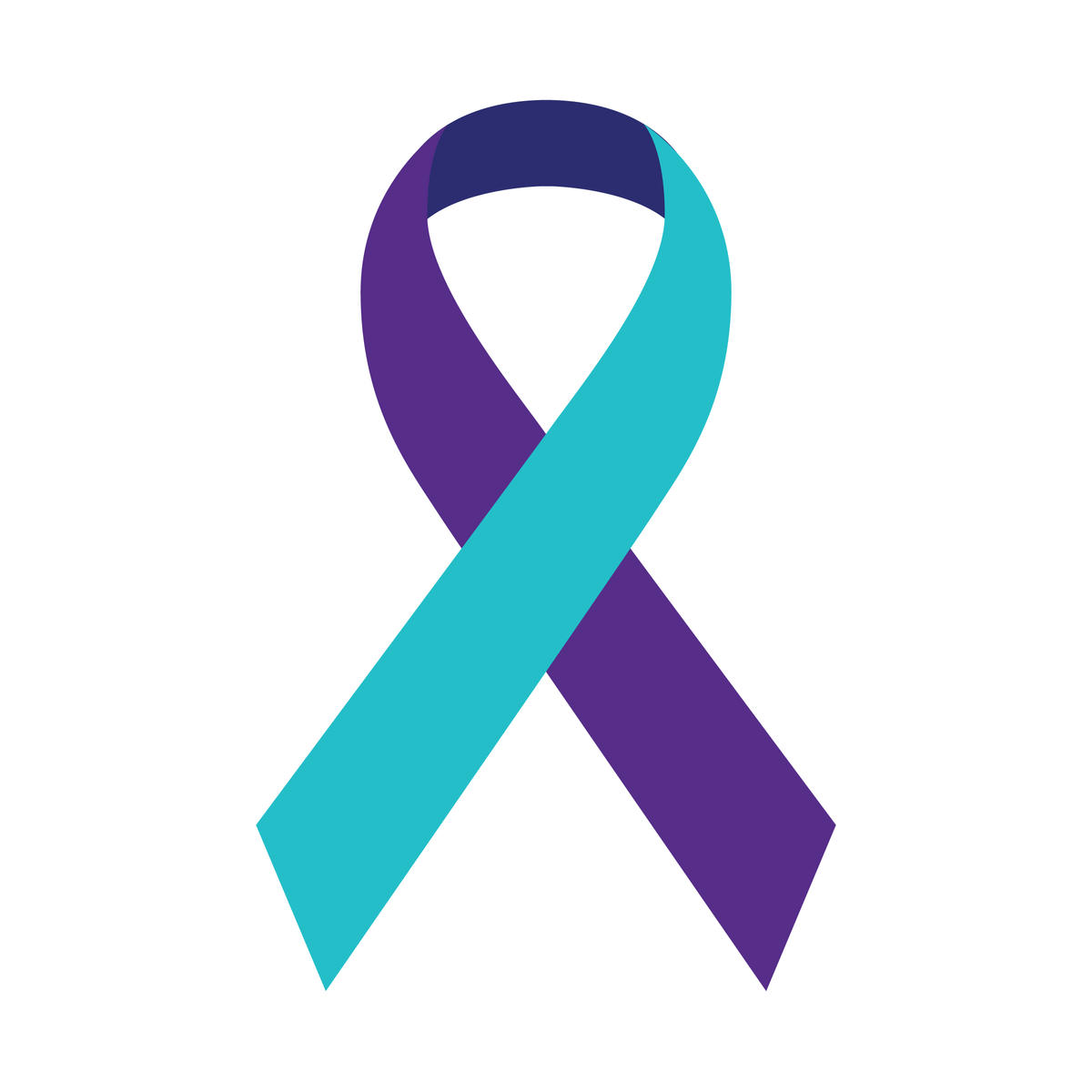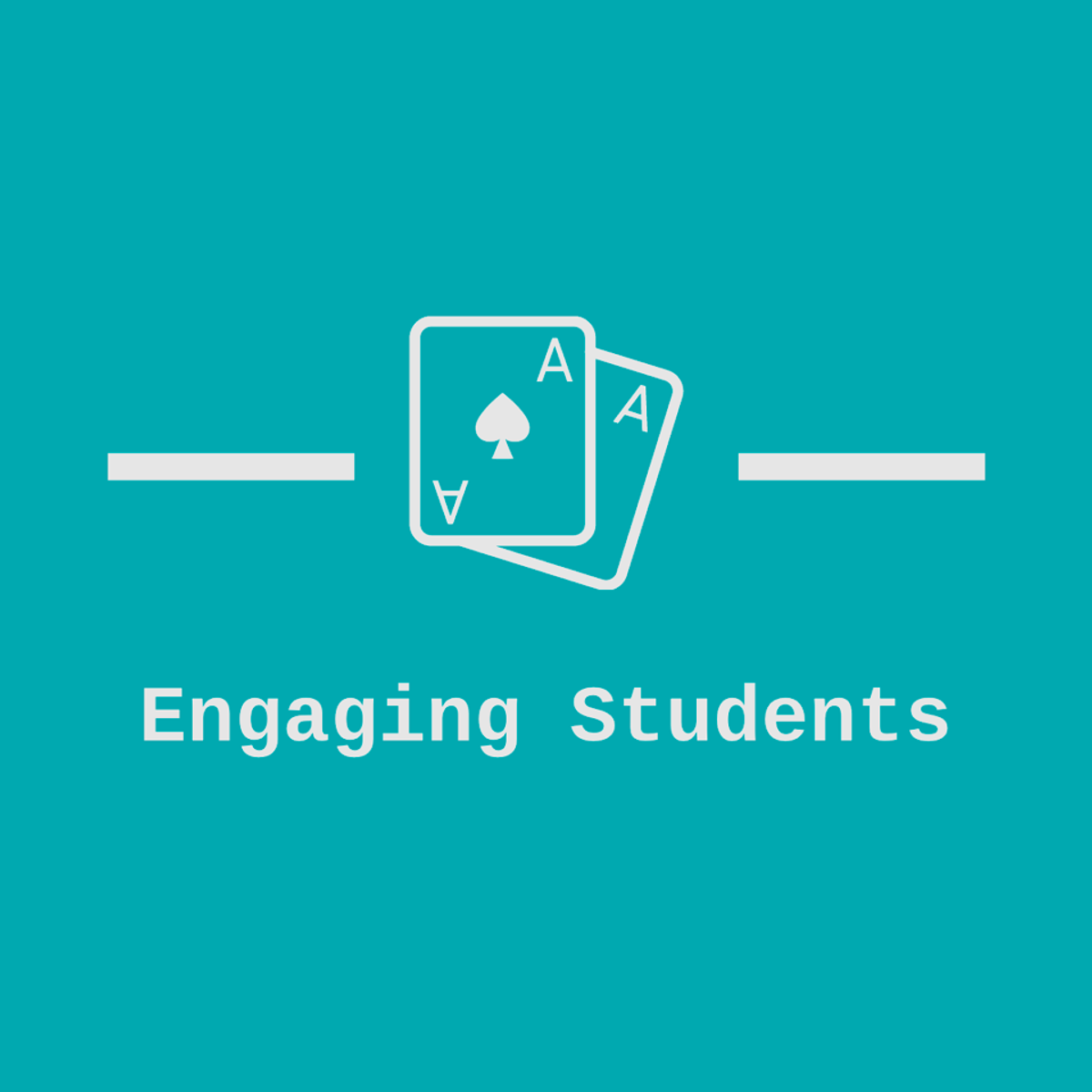Back to Courses









Personal Development Courses - Page 2
Showing results 11-20 of 514

Stepping Up: Leading Others
In this course, you will look at how to work with a diverse range of people to create and lead a high performing team. You will consider the differences between work groups and teams and explore team dynamics, the nature of remote teams and cross-cultural implications of leading teams. You will also discover how to effectively lead your peers, deal with blockers and disruptors, set objectives and delegate.
This course is aimed at leaders and managers who have five to six years experience and who are beginning to manage teams, customers and clients more regularly or more directly. Learners will likely have a technical or professional early career but as they are progressing in their careers, they are having to start grappling with the issues of team and organisational leadership.
By the end of this course, you will be able to:
– Explain the differences between a team and work group, and why this is important for a leader.
– Describe strategies for leading peers, dealing with blockers and disruptors.
– Set effective objectives, know best practice for delegation and techniques to drive performance in your teams.
– Hold important, challenging conversations which leaders need to have, and implement the key elements of coaching and mentoring as a leader.
Positive Psychology: Character, Grit and Research Methods
Learners discover how apply to research methods to their study of Positive Psychology. In this course, we study with Dr. Angela Duckworth and Dr. Claire Robertson-Kraft. Through an exploration their work "True Grit" and interviews with researchers and practitioners, you develop a research hypothesis and learn how to understand the difference between internal and external validity. You also begin to understand and apply the strengths and weaknesses associated with different types of measurements and evaluation designs. You then interpret the results in an empirical study. Suggested prerequisites: Positive Psychology: Martin E. P. Seligman’s Visionary Science and Positive Psychology: Applications and Interventions.

Presenting Data Using Charts with Canva
By the end of this project, you will be able to use Canva to create a presentation that uses charts to present data. In this project we will create a three-page sales presentation that incorporates a bar graph, line graph, and pie chart to display similar data in different ways. You will learn how to create a simple, yet effective, and aesthetically pleasing sales presentation that can be used in many different areas of business. Once your presentation is complete, you will be able to use Canva design elements to add style to your presentation, and you will have the skills to share, save, and present your pages to others.

The Manager's Toolkit: A Practical Guide to Managing People at Work
The aim of this course is to give you a practical guide to managing people at work. It does not matter whether you are a first time manager in a shop or a middle manager in an office environment; the same skills apply to every work place. In the course you will engage with some HR theories and then see how they translate into every day working life.
At the end of the course we hope you will be better equipped to choose a suitable employee, to motivate and appraise your team, to manage conflict in the work place and to lead and make decision on a day to day basis.

Create a Departure and Personal Statement for Interviews
Welcome to this guided project on "Create a Departure and Personal Statements for interviews”. My name is Dianna Eckford, and I will be your instructor for this project. I currently coach a wide variety of Silicon Valley professionals who have recently been impacted from their previous employer.
In this 45 minute project-based course, I’ll teach you how to create a Departure statement that will help you answer your first behavioral question recruiters and hiring managers' will ask: “Why are you looking for a new job?”
I will also teach you how to create a Personal Statement that will help you answer your first behavioral question recruiters and hiring managers’ will ask: “Tell me about yourself.”
By the end of this project, you will have created a Departure and Personal Statement for interviews
Learning Objective 1: Gmail and Sign in
Learning Objective 2: Accessing Interactive Files
Learning Objective 3: Create a Departure Statement for interviews
Learning Objective 4: Incorrect Departure Statements
Learning Objective 5: Create a Personal Statement for interviews
Learning Objective 6: Incorrect Personal Statement
Learning Objective 7: Create a Personal Statement Using a Job Description
Learning Objective 8: Recite a Departure and Personal Statements in 25 t0 60 seconds
Learning Objective 9: Create a trusted contact network list of family, friends and business associates
Note: This course works best for learners who are based in the North America region. We’re currently working on providing the same experience in other regions.

Mastering Remote Work and Online Study in U.S. in the post-COVID Era
Are you ready for the new, COVID-forced, online learning paradigm? This competency-based, skill-building course will help non-U.S. students, first-generation immigrants, and foreign-born professionals better understand and master American online learning, as well as other U.S. virtual environments, for college and career success. In the post-COVID era, the course can also be very instrumental in assisting U.S.-based institutions in organizing remote learning activities for their current or prospective international students.
The current pandemic has disrupted the world of higher education and work as we know it. Many thousands of international students and professionals can no longer travel internationally at will and must now learn how to effectively study and work remotely. To excel in American online learning and work environments, international students and foreign-born professionals need to know how American universities and companies use the Internet to organize study and work, develop and execute projects, communicate ideas, collaborate, and solve organizational and technical problems. By taking this course, you will learn how to enhance your cultural knowledge and assess potential skill gaps that may hinder your online experience or negatively impact your performance in U.S. virtual learning and work environments. Throughout the course you will systematically review competencies required for online work, come to better understand common barriers for non-native students and professionals, learn how to detect and overcome competency gaps, and develop plans for self-improvement and success. We believe that you will find the course useful and gain new knowledge and skills to become more successful in your remote study/work in the U.S.
The course was previously offered as iMOOC101 and iMOOC102 "Mastering American e-Learning". We have updated it to reflect the new realities of the Post (well, not yet!)-COVID era. We will be glad if you could share your own experiences in navigating the new world of remote teaching, learning, and work.
Professional Responsibility and Ethics for Accountants
Accountants perform a wide variety of activities which include, but are not limited to, accounting, auditing, tax, management consulting, and financial management. However, a professional accountant’s responsibility is not exclusively to satisfy the needs of an employer or professional services client. One of the distinguishing characteristics of the accounting profession is its acceptance of the responsibility to act in the public interest.
This course will introduce you to professional guidance that enables accountants to uphold the obligation to act in the public interest while meeting their professional responsibilities to employers and clients. You will also learn foundational knowledge of the moral dimensions of business that are helpful for recognizing and interpreting the ethical issues embedded in situations you will encounter in your career. Topics in the course include professional standards, values and norms, ethical theories, theories of a firm and business purpose, and corporate governance.

#talkmentalillness
I am a professor and mental health researcher and educator, and I’ve been working in the field for over 15 years. Like so many of my colleagues, however, I was unprepared for the wave of mental health challenges that would face our society in 2020. From COVID-19 and the devastating economic impacts of the pandemic to racial justice protests, widespread natural disasters, our current cultural moment presents unprecedented mental health concerns, and particularly for marginalized communities. For this reason, I led a field-wide call to action for mental health research and treatment that resulted in this #TalkMentalIllness course. I had the opportunity to speak to over 30 experts from different domains in psychology research, practice, and popular public figures and to discuss the causes and cutting-edge treatments for many serious disorders, the stigma surrounding mental illness in our culture, systemic inequality in mental health treatment, and the mental health challenges of today.
#talkmentalillness curates the interviews from the Mental Health Experts series into an accessible learning experience that will help you have conversations about mental health. Talking about mental illness is both the content and desired outcome of this course, as you will use what you learn from my interviews with mental health experts to guide your own discussions about mental health challenges and treatments with family members, friends, colleagues, and other people in your life. The course will begin by presenting a core set of definitions for mental illness and analyzing the stigma associated with it. We will then apply these topics to specific psychological disorders, including anxiety and mood disorders, eating disorders, suicide, substance use, and psychosis. We will then consider how these issues disproportionately impact marginalized groups and communities of color. The course will conclude by considering innovative approaches to psychological treatments and how the pursuit and science of happiness inform mental health and wellness.
This course is part of a broader educational mission to share the science of mental illness with both students and the public, both locally and globally. I have designed and created it in collaboration with the Office for Academic Innovation and Libraries’ Media Services Team at the University of Colorado Boulder.
- June Gruber

Suicide Prevention
This course will explore the science of suicide research, prevention, and intervention. The field of suicide research is young and knowledge is rapidly changing. Topics will include terminology, epidemiology, historical and contemporary theories of suicide, modern approaches to suicide research, empirically supported approaches to prevention and intervention, the lived experiences of those with suicidal thoughts and attempts. Note: this course is not designed to address personal experiences with suicidal thoughts, suicide loss, or mental illness nor will it address assessing suicide risk among friends or family members. If you are thinking about suicide or are worried about someone else – please contact your local suicide prevention crisis center as soon as possible. Your life matters and help is available.
Each module will include a quiz. The last module’s quiz will be cumulative.

Building Scratch and Read Activities with Seesaw
By the end of this project, you will have taken your Seesaw skills to the next level. This project is meant for those who have already started to use Seesaw with their students and are looking for ways to enhance student learning through Seesaw Activities. If you are looking for ways to engage your tech-savvy students, regardless of their age, Seesaw is a wonderful tool to use. As we learn together, you will create a Scratch and Read activity template in Microsoft PowerPoint that can be customized to use with your students right away as a Seesaw Activity.
Popular Internships and Jobs by Categories
Find Jobs & Internships
Browse
© 2024 BoostGrad | All rights reserved